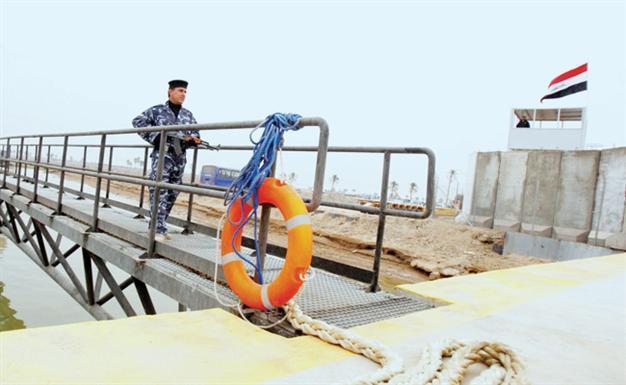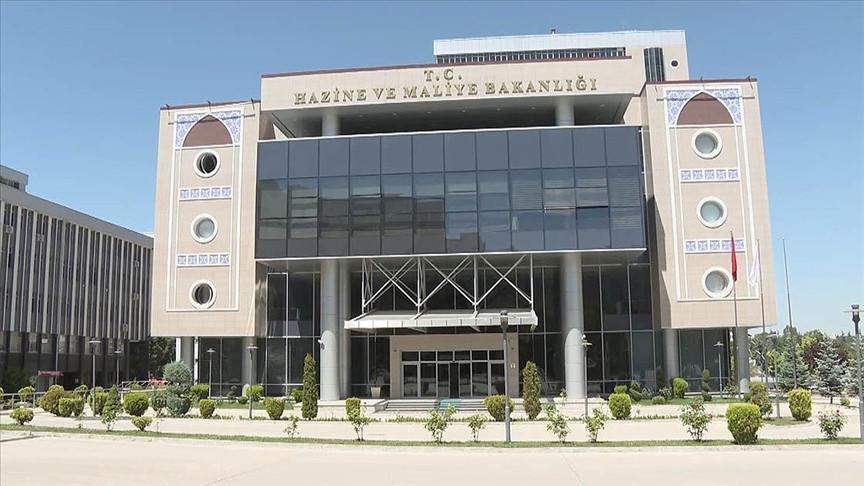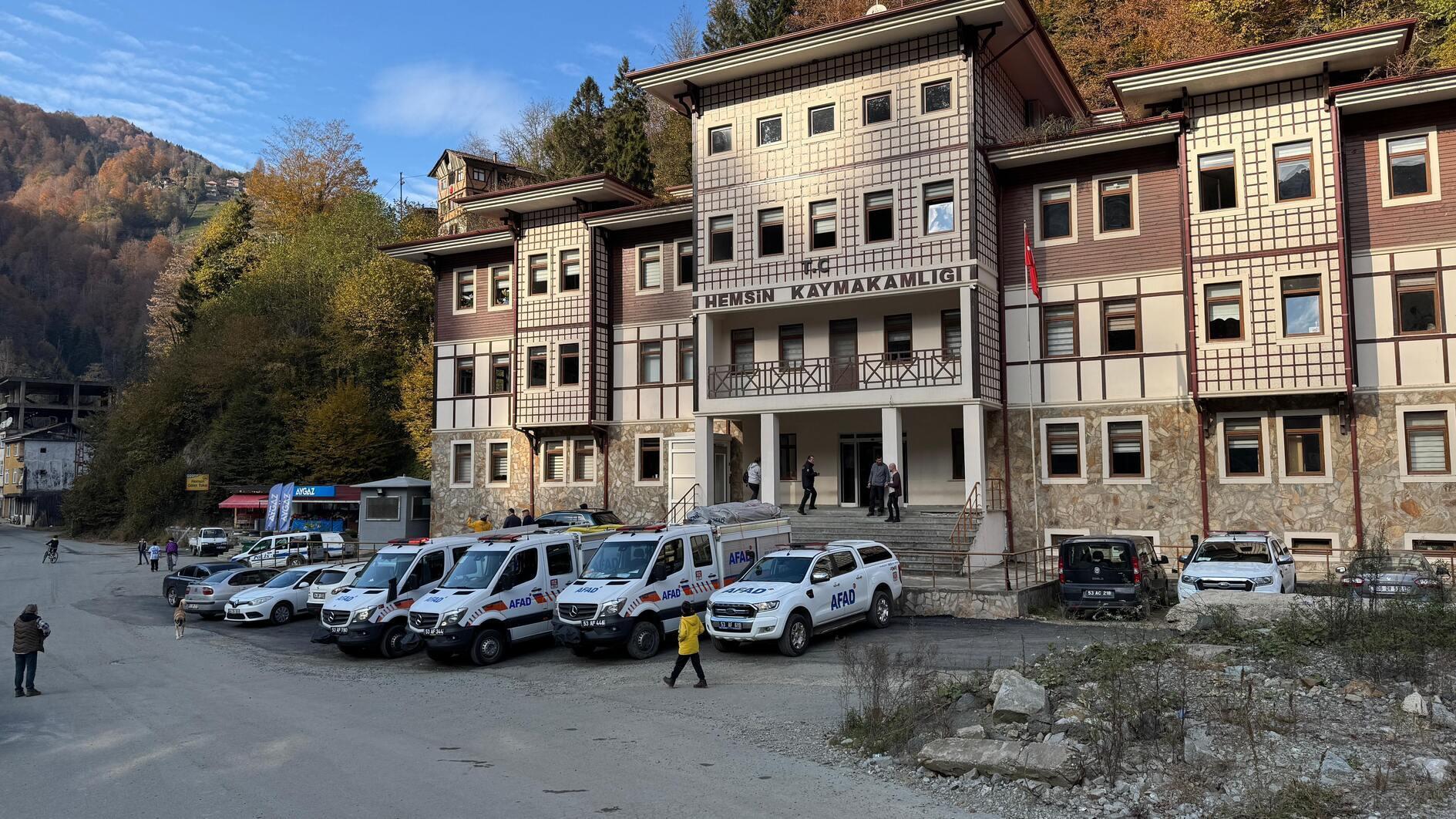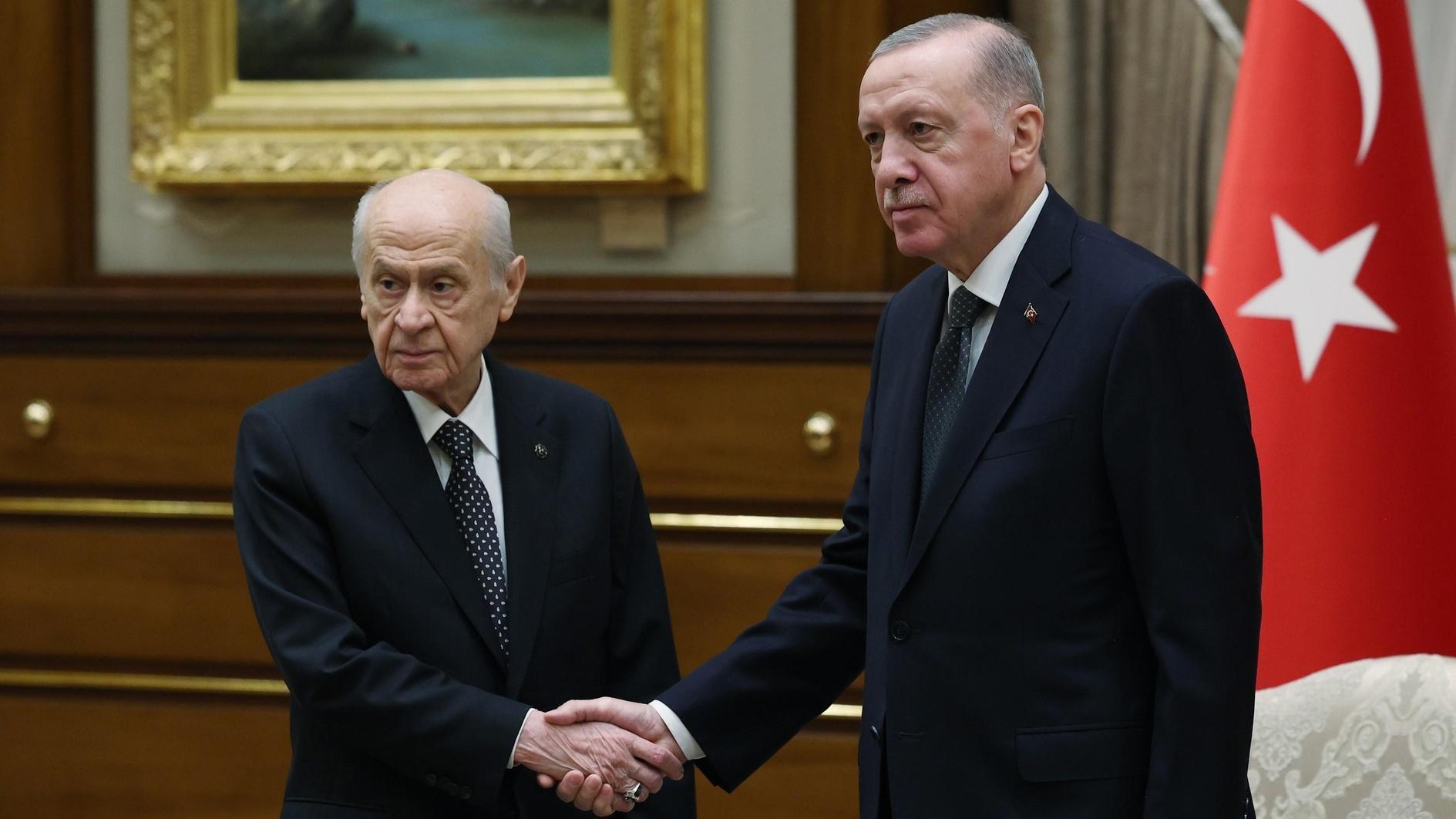Baghdad, Ankara taking steps to strengthen energy trade ties
BAGHDAD / ANKARA

A policeman keeps guard at a new jetty at Majnoon oil field in Iraq’s southern province of Basra. REUTERS photo
Iraq moved yesterday to diversify its oil export routes to reduce the impact of a potential closure of the Strait of Hormuz by Iran on Baghdad’s oil-dependent income, developing stronger ties with Turkey.Head of a state-run Turkish oil company also mentioned a similar tendency.
The Iraqi plans, recommended by parliament’s energy and economics committees, include efforts to ramp up exports along a pipeline to Turkey, increase the amount of oil transported by road, and “urgently” fix disused transport pipelines, according to a statement from government spokesman Ali al-Dabbagh.
Iraq’s cabinet adopted yesterday the recommendations which also included working to reopen the Banias-Tripoli pipeline that runs from Syria to Lebanon but has been closed since 1990, and, if thawing Iraq-Saudi relations continue to improve, a disused pipeline through Saudi Arabia as well, Agence France-Presse said quoting al-Dabbagh.
The committees “also recommended that in the short term there be more efforts to convince the Iranian and American sides of the necessity of avoiding the closure of the Strait of Hormuz because it will damage the global economy, and Gulf countries especially.”
Iran has threatened retaliation for fresh Western sanctions over its nuclear program, including a possible disruption of shipping through the Strait of Hormuz, a Gulf chokepoint for global oil shipments, including 80 percent of Iraq’s oil exports.
Dabbagh told AFP in an interview last month Iraq was worried by US-Iran tensions and would be one of the worst affected if the strait was closed to shipments of crude oil.
Iraq currently produces more than three million barrels per day, with exports averaging about 2.1 to 2.2 million bpd. Crude sales account for the lion’s share of Baghdad’s government income.
Turkey is developing strong energy ties with the regional administration in northern Iraq despite the disputes between Arbil, the capital, and the central government in Bagdad.
The two countries are working on a project to increase oil trade, confirmed Mithad Cansız, Turkish Petroleum International Co. Ltd. (TPIC), a subsidiary of the state-run energy firm TPAO.
TPIC is in charge of developing energy field projects.
Cansız recalled during a recent interview with Anatolia news agency that TPIC signed a contract on oil field and drilling services in Iraq on March 14, 2010 and the contract covered 45 wells.
“We have drilled five wells and handed them over. We think of drilling 10-15 wells in 2012,” he said.
These projects would be in in Rumaila crucial field in Iraq’s Basra region in the south, he added.
Cansız said the $310 million worth project was profitable and their target was to become the best drilling services company in oil producing companies in the Middle East, particularly in Iraq.
“The illegal oil trafficking at Turkish-Iraqi borders and the busy customs are making mutual oil trade with Iraq almost impossible,” he said, adding once a joint project is materialized some 150,000 to 200,000 tons of goods would be transferred monthly adding some $2 billion to $2.5 billion to mutual trade volume annually.
The chairman albo said he thought that a contract on oil product trade in return for construction project in Venezuela would be signed within a few weeks.
















